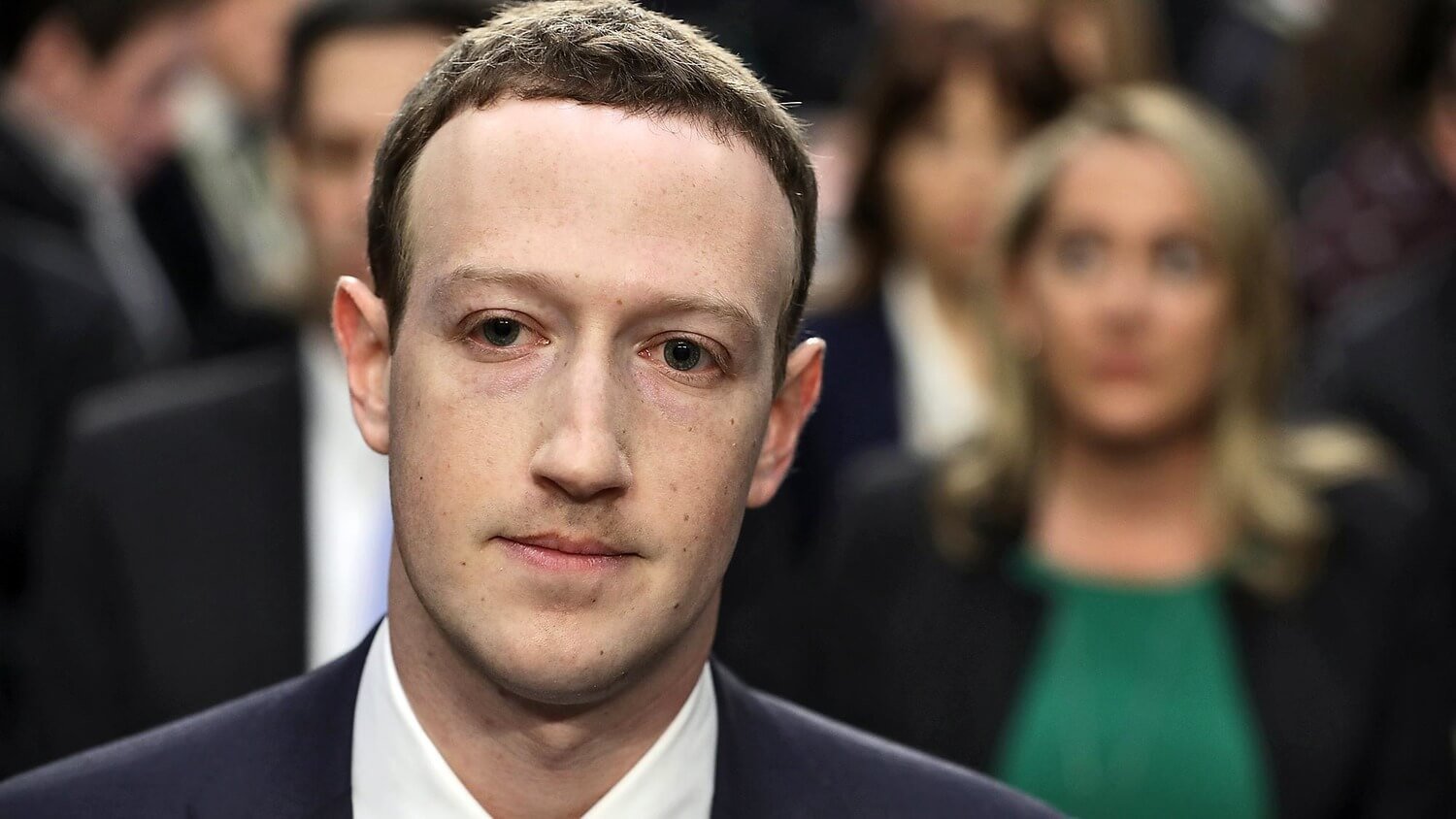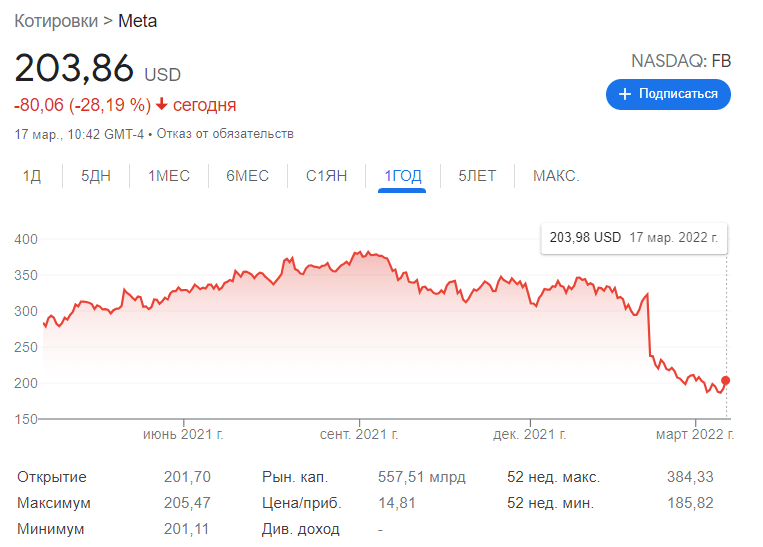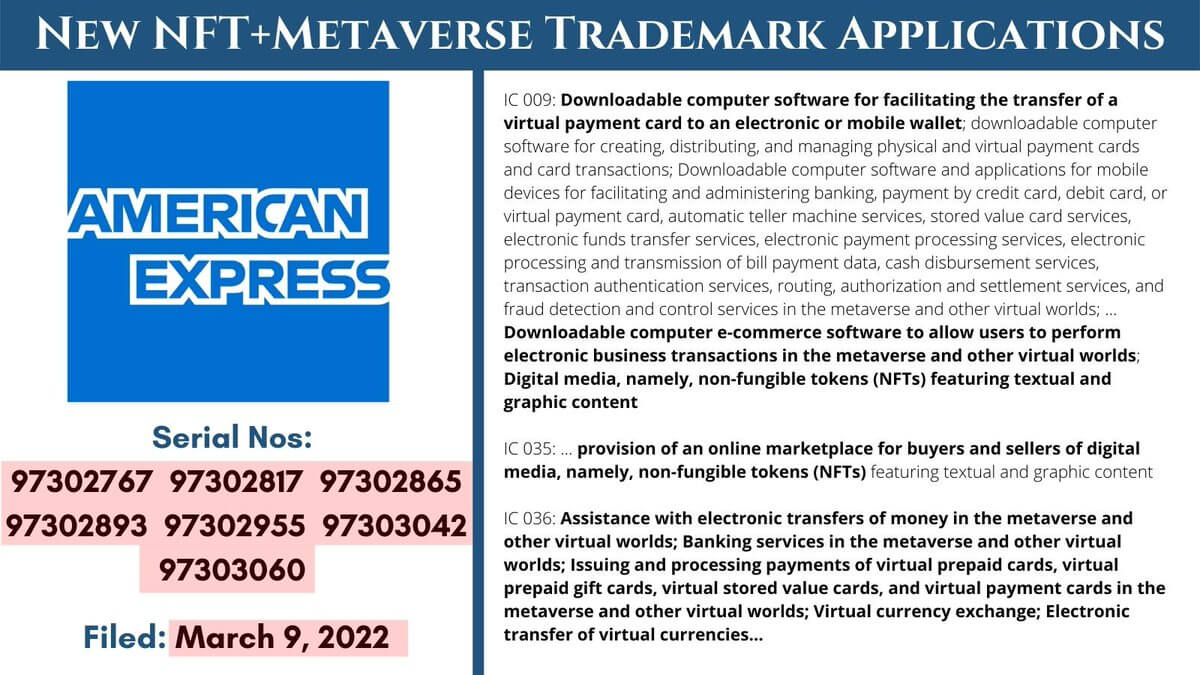Mark Zuckerberg has hinted at the arrival of NFT tokens on Instagram. Why is this important?
Meta CEO Mark Zuckerberg has confirmed that unique tokens will soon become a component of Instagram’s subsidiary platform. The announcement was made during a conference called SXSW. Unfortunately, Meta representatives have not yet given an exact date for the potential release of NFT to Instagram, but the news is welcome either way. We tell you more about what’s going on.

As a reminder, Instagram will not be the first major social platform to link to NFT tokens. Twitter's developers have already managed to do so. In January 2022, they gave users of the paid platform Twitter Blue the option to set up non-interchangeable tokens as an avatar. Naturally, this was all done by tying a blockchain address containing the NFTs.
Although the idea turned out to be innovative, Elon Musk has criticised it. Read more about it in a separate article.
Where NFT tokens are used
There have been rumors about this news for several months. And many in the blockchain community have speculated that users of the social platform would be able to emit new NFTs on Instagram and share the ones they already have in their collection on cryptocurrency wallets.
During his speech, Zuckerberg said he hopes that one day users will be able to fully customise their social media avatars with NFTs – in the form of virtual wardrobe items, for example. Such an ambition is still a long way off, though.

CEO of Meta Mark Zuckerberg
As journalists at news outlet Decrypt point out, this is far from Mark Zuckerberg's first initiative in the cryptosphere. Recall that in 2019, he tried to launch a digital currency called Libra, but that project was all but "destroyed" after facing massive political and regulatory opposition from regulators.
Several of the founding members of the Libra Association left the project within a couple of months. By the end of January 2022, the Libra project, which had by then changed its name to Diem, was finally shut down.
Zuckerberg’s second major step in cryptotechnology is directly related to his Facebook company. During a virtual event last October, he announced that Facebook would be rebranded to Meta. Thus, the company’s development focus has shifted to the development of meta universes, i.e. virtual spaces using Web 3.0 elements in the form of blockchain and NFT tokens.
Notably, investors largely reacted poorly to the news of Facebook’s rebranding. Since the announcement, Meta shares have fallen more than 20 per cent in a very short period of time. Meanwhile, the news of the potential integration of unique tokens into Instagram did not generate much of a market reaction, judging by Meta’s share price.

Meta’s share price for the year
Read also: Ukraine has legalised cryptocurrencies. What does it mean in practice?
Meanwhile, the world’s second largest payment processor American Express has filed seven trademark applications related to virtual services and its iconic Centurion logo, joining financial firms such as JP Morgan, Visa and Mastercard. As a reminder, all of them have previously shown signs of interest in the latest cryptosphere trends. Just last month, banking giant JP Morgan launched Onyx Louge, a virtual lounge in the Decentraland meta-universe.
The applications, filed with the US Patent and Trademark Office on 9 March, hint at how American Express could develop its presence in the meta-universes – a future vision of the internet that could become more global through the use of virtual (VR) and augmented reality (AR) headsets.

American Express trademark registrations
The applications contain trademark requests by American Express for credit card software, travel, concierge services, virtual leisure and entertainment environments, and the NFT token market. The filings also include plans to create its own wallet for digital assets and a platform for exchanging them.
American Express itself began experimenting with NFT last summer, offering cardholders a limited edition of 14 unique tokens featuring the SZA performer. Each digital collectible was worth $100.
We believe this initiative by Instagram executives will only make NFT more popular. In turn, developers will have an excuse not only to create new collections, but also to look for other uses of non-interchangeable tokens. As a reminder, the latter are already used as proof of subscription to a certain service. Therefore, in the end, the recent prediction of Ethereum co-founder Joseph Lubin regarding NFT will clearly come true.















